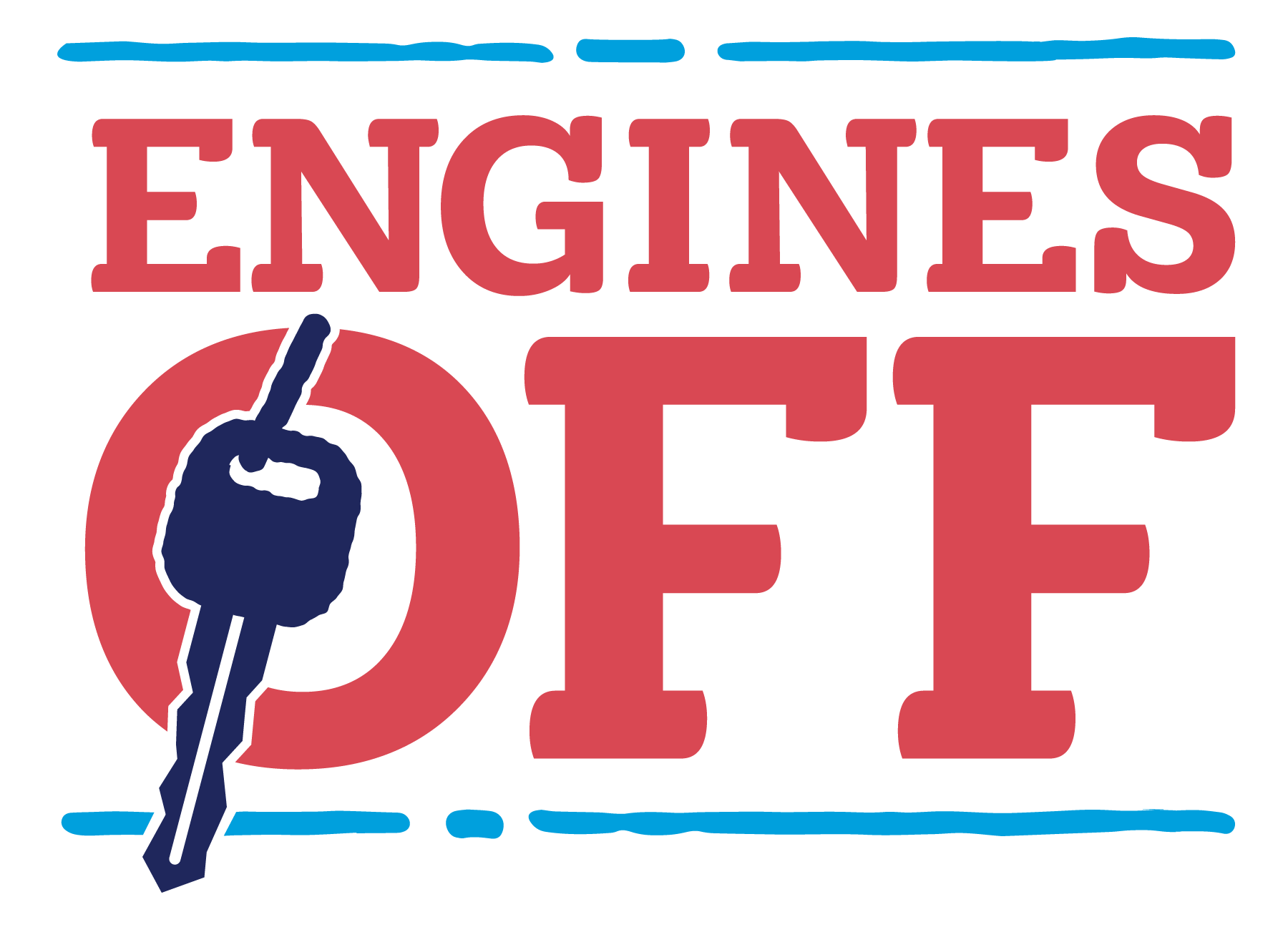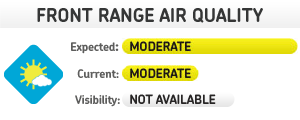
Idling is leaving a car’s internal combustion engine running while the vehicle is parked. By releasing tailpipe emissions and wasting fuel, idling is a threat to public health, the climate, and wastes money.
Public health
Every minute that a car idles, it emits enough emissions to fill 150 balloons with harmful pollutants, including carbon monoxide, nitrogen oxides and PM2.5. These idling pollutants aggravate asthma and allergies and can cause cardiovascular and respiratory diseases. Idling vehicles also release compounds that react with sunlight to form ground-level ozone pollution, contributing to the Front Range’s dangerous air quality days.
Climate change
Personal vehicles generate around 30 million tons of CO2 every year just by idling. In the Denver Metro Area and Northern Front Range, idling vehicles create 777,086,000 lbs of greenhouse gas emissions.
Cost savings
Each year, U.S. vehicles consume more than 6 billion gallons of diesel fuel and gasoline combined by idling; that’s worth $20 billion. Contrary to popular belief, idling for 10 seconds wastes more gas – and causes more wear and tear on engines – than turning an engine off and on.
Engines Off programs
Engines Off for Food Trucks
Diesel, gas and propane generators power food trucks and other mobile businesses across Colorado. Unfortunately, these generators are expensive to fuel and maintain, release harmful pollutants around employees and customers, are very noisy and contribute to climate change. Recognizing that clean, energy efficient, long-lasting battery replacements require a capital investment before business owners can capture their cost-savings, we’re offering grants of up to $5,000 for food trucks and other mobile businesses that operate in seven Front Range counties to purchase one or more batteries to power their business.
Engines Off at Schools
Children are more susceptible to developing asthma and other respiratory illnesses from air pollution exposure. Unfortunately, many caregivers idle their vehicles while they wait to pick up and drop off their kids at school – exposing children to harmful tailpipe emissions. That’s why the RAQC is partnering with schools in the Front Range to educate parents, students and school staff about the health impacts of idling near children.
Engines Off for Local Governments
Idling is a threat to public health and the environment, and when public fleets idle, it’s a waste of taxpayer money. The RAQC has compiled resources for local governments to adopt best practices to manage idling. These practices include vehicle idle reduction strategies and policies to mitigate idling by commercial and passenger vehicles, as well as policies and technologies to reduce idling of public fleets.
Looking for information about the 2012 Award Winning ENgines Off Program?
Between 2008 and 2012, the first Engines Off program launched as a collaborative effort between federal, state, and local governments in Colorado to improve regional air quality by reducing vehicle idling. The RAQC has preserved much of the information from the original Engines Off website.

